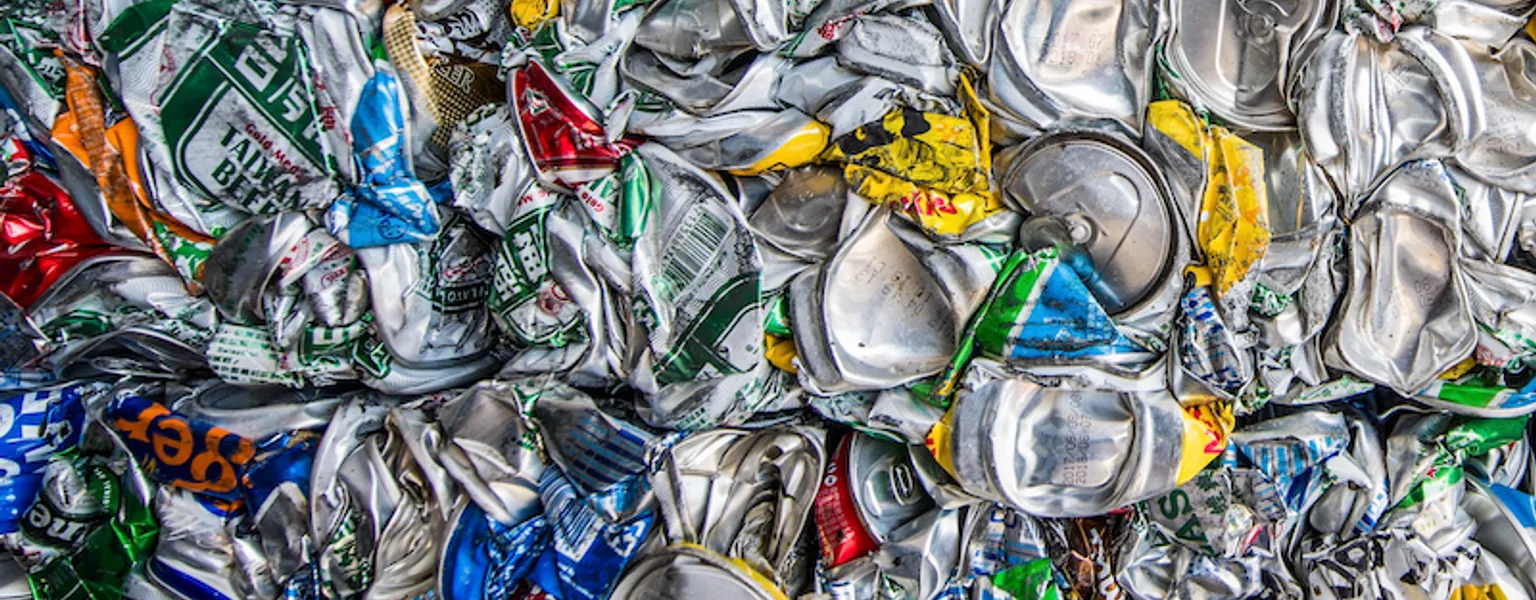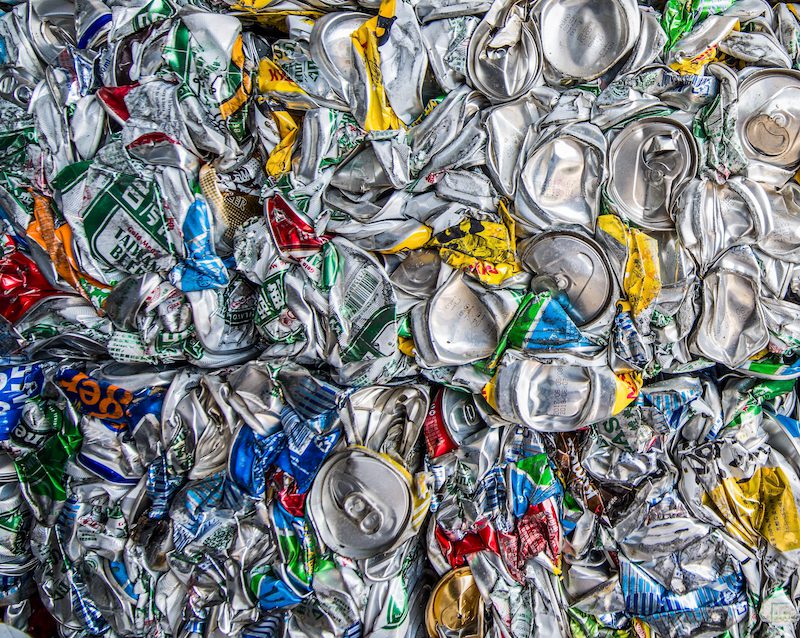NAPCOR: Plastic bottle bans more harmful than recycling

Sustainability
In light of recent discussions surrounding the environmental impact of plastic bottle bans in high-traffic areas like airports and stadiums, the National Association for PET Container Resources (NAPCOR) sheds light on potential unintended consequences. Drawing from its 2023 Life Cycle Analysis (LCA), NAPCOR warns against the blanket prohibition of plastic bottles, highlighting the findings that suggest such bans could lead to greater environmental harm than good.
While the banning of plastic bottles in large venues is often touted as a step towards environmental conservation, NAPCOR's research indicates otherwise. According to the LCA results, recyclable PET bottles emerge as a more eco-friendly option compared to common alternatives in beverage packaging.
A case in point is the San Francisco Airport (SFO), which imposed a complete ban on the sale of plastic water bottles in August 2019. NAPCOR's LCA study reveals that the replacement of 9,000 plastic water bottles with aluminium cans daily has resulted in an estimated additional 1,100 metric tons of CO2 equivalent emissions since the ban's initiation, surpassing the greenhouse gas impacts associated with plastic water bottles.

When evaluating various beverage delivery systems in the U.S., NAPCOR's LCA underscores the environmental superiority of PET beverage bottles over aluminium and glass counterparts. PET bottles boast several advantages, including 100% recyclability and the potential for manufacturing with 100% recycled content. Additionally, PET bottles exhibit lower impacts across critical environmental metrics such as greenhouse gas emissions, energy consumption, water usage, and emissions contributing to smog formation, acid rain, and eutrophication potential.
NAPCOR’s Executive Director, Laura Stewart, said: There’s a common and dangerous misconception regarding the impact of plastics versus other packaging materials. However, research unequivocally shows that when it comes to beverage packaging, the more sustainable answer is polyethylene terephthalate, better known as PET. Large venues are touting environmental benefits with a ban on plastic containers; in fact, these moves are counterproductive and ultimately cause more harm than good.
Related News
-
Sustainability
EU plastic packaging ban labelled 'plastiphobia'
-
Business
FDA: PFAS phased out of U.S. food packaging
-
Supplier News
EMBACO: PET vs rPET Bottles and Jars – What you need to know
-
Sustainability
NAPCOR: slight dip in US and North American PET recycling rates
-
Sustainability
Coca-Cola Canada introduces 100% recycled plastic bottles




